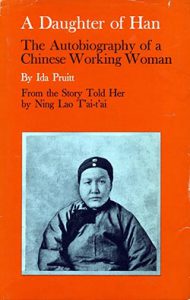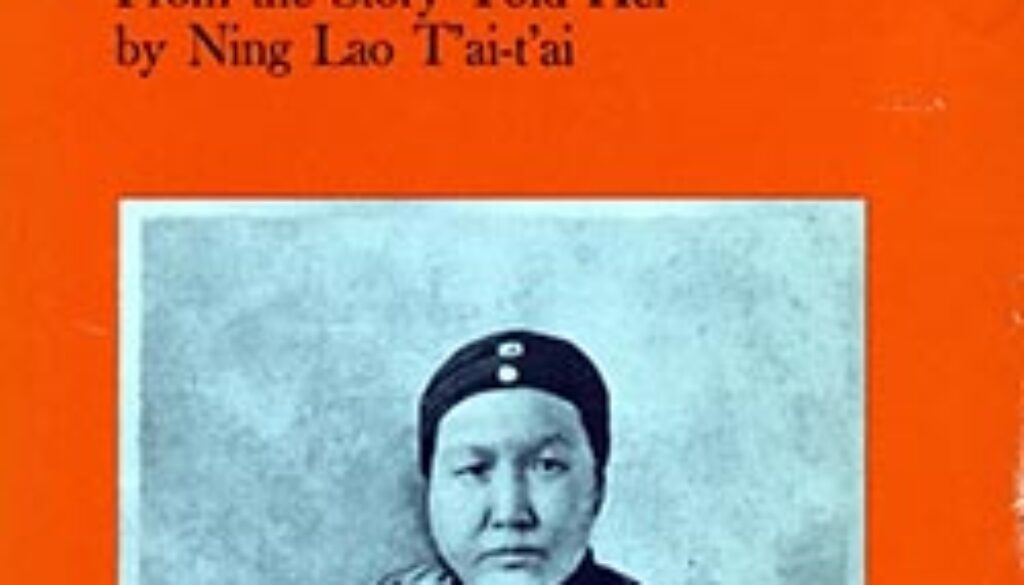The End of Wickedness

I’m enjoying a book I picked up many years ago at a tag sale called ‘A Daughter of Han: The Autobiography of a Chinese Working Woman.’
It was one of those books I thought I might read one day and never did. Now I’m culling my library, and I’ve disallowed the category of ‘read some day,’ but I couldn’t bear to give this one away, so I’m reading it.
It’s the life story of Ning Lao T’ai-t’ai as she told it to Ida Pruitt in 1938.
Pruit was one of the founders of the Chinese Industrial Cooperative Association which was designed to give employment to workers in the Chinese countryside and to support the war of resistance against the Japanese invaders.
The organization is best known for its motto, “Working Together,” (gonghe) which entered the American lexicon as “Gung Ho,” meaning enthusiastic support for a cause or enterprise.
Pruitt wrote the book in 1945, when she wasn’t quite so busy defeating the Japanese.
Lao T’ai-tai, whom her father called ‘Little Tiger’ grew up in Penglai, also known as Dengzhou or Tengchow.
“My father told us stories about our ancestors and about the city and how people should act. He told us that the four sins were wine, women, wealth and wrath. If anger does not hurt it makes loss at least.
“He told us stories of the wicked Ming Dynasty eunuch, Wei Chung-hsien (Wei Zhongxian), who wanted to be emperor. He was a native of our city.
“When at last he was torn to pieces by the people in the capital, the people of our city were so angry with him that they tore his house down and dug up the very foundations.
“They dug away the house, thirty feet deep, so that to this day there is a deep hole. That hole may not be filled in. It is to be a memorial to the people always, to teach them the end of wickedness.”
That’ll teach him!
